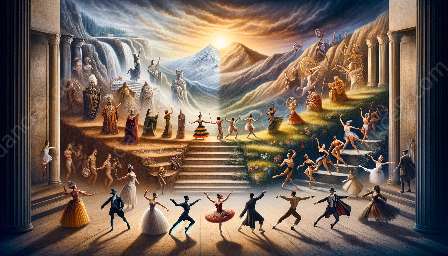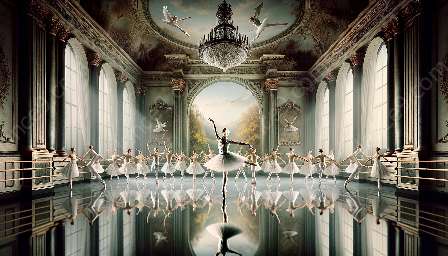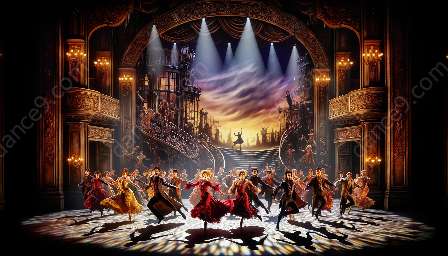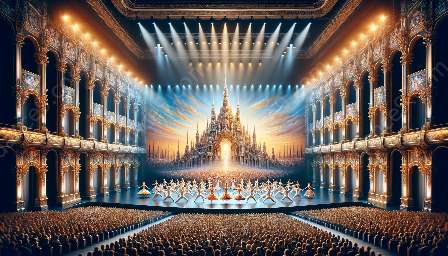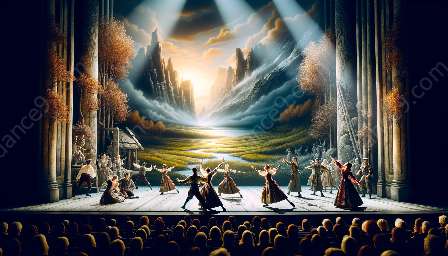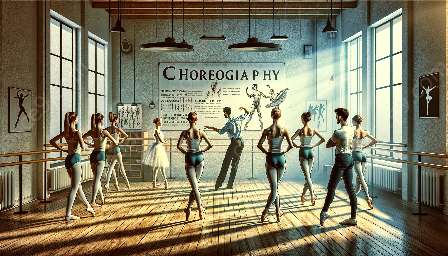Choreographic works are a form of creative expression that tells a story through the language of movement. Analyzing and critiquing these works requires a deep understanding of the elements that contribute to the choreography's impact and effectiveness.
Understanding the Essence of Choreographic Works
Choreography is the art of designing sequences of movements, typically to music, to create a dance piece. Choreographers use various tools and techniques to craft their work, including space, time, energy, and shape. By dissecting and evaluating these elements, one can gain a richer understanding of the choreographer's intention and the message conveyed through the dance.
Deconstructing Choreography
When analyzing choreographic works, it's essential to deconstruct the dance into its fundamental components. This process involves breaking down the movements, formations, patterns, and transitions, and analyzing how each contributes to the overall storytelling and emotional impact.
Evaluating Performance Quality
Effective critique of choreographic works involves assessing the technical proficiency and emotional delivery of the dancers. This includes evaluating their execution of movement, expressiveness, synchronicity, and stage presence. Additionally, the use of tools for choreography, such as notation systems and video analysis, can aid in the assessment and documentation of performance quality.
Utilizing Tools for Choreography
Modern choreographers have access to various tools and technologies that aid in the creation and analysis of choreographic works. These may include notation and score systems, software for visualizing movement patterns, and video editing tools for capturing and editing dance performances.
Conclusion
Analyzing and critiquing choreographic works involves delving into the intricate layers of movement, expression, and storytelling. By understanding the essence of choreography and employing tools for choreography, one can gain a more profound appreciation for the art form and provide insightful critiques that contribute to its continued evolution.


